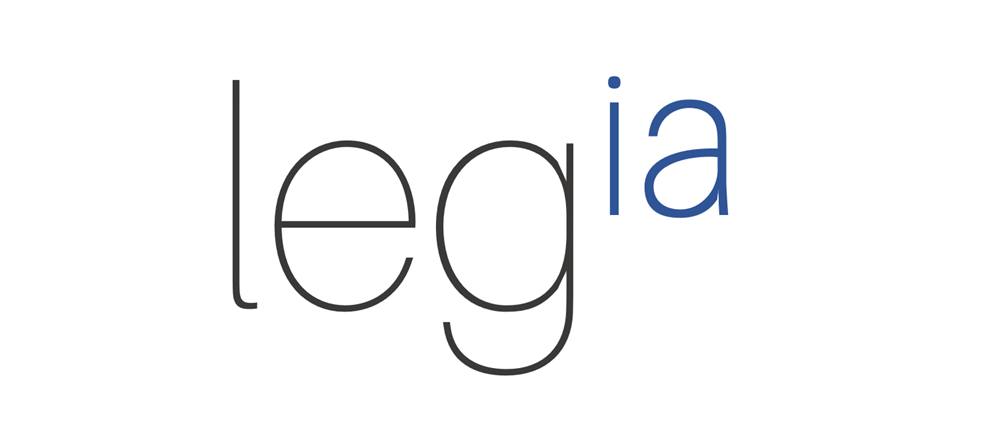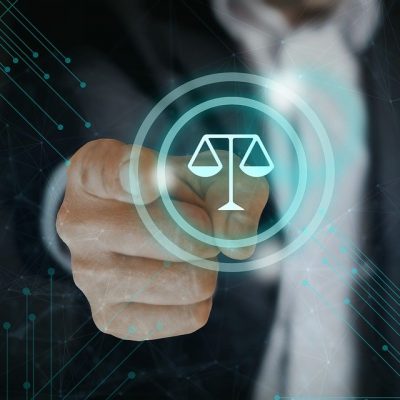MVVP lawyers and the Anthemis publishing company join forces to organize a cycle of masterclasses on the legal aspects of Artificial intelligence, called “LegIA“. The objective of LegIA is to discover the technology behind the myth, and to deconstruct AI to analyse it in the light of the law, within the framework of various interactive seminars.
Intellectual Property
According to Luc Julia (co-creator of Apple’s “Siri”), artificial intelligence does not exist. For Yann LeCun (Chief AI Scientist at Facebook), AI will save lives. On the other hand, Elon Musk believes that, if we are not careful, AI could sound the death knell for humanity.
Why such a wide divergence of views among these genius scientists? What exactly are they talking about? “A.I.” seems to be split between different realities. Intellectual property has been chosen as the starting point for the LegIA Masterclasses, as this subject matter naturally calls for technical descriptions and analyses to identify inventive or creative aspects of a technology, in order to adequately protect them and capture their value.
During this first webinar, we will identify the main components of A.I. in order to detect the elements falling within the scope of the various possibly applicable intellectual property rights. We will also look at the different design phases and life cycles of A.I. in order to try to locate the real value creation, on which the protection strategy should focus.
Data Protection
A.I. is a very demanding technology, both in terms of computing power and data. When the latter relate to individuals, bulimia comes up against mandatory diets that limit the processing of personal data.
As far as the European Union is concerned, it is the GDPR that is being pointed out as a major hindrance against the development of artificial intelligence. Indeed, everything seems to oppose AI (the technical ogre, at once compulsive, opaque and versatile) to the regulatory ascetic “GDPR” (which seems to only promote abstinence, transparency and predictability). But this is without counting on the fact that, behind appearances and myths, artificial intelligence and GDPR may also converge on certain data management best practices.
The objective of this webinar is to deepen, on the basis of concrete examples and exchanges of experiences, the analysis of this tumultuous relationship between A.I. and the protection of personal data.
Obligations and Liability
Artificial intelligence has already invited itself in our professional and private lives. Its destiny is to get closer and closer to people in order to guide us, to serve us and to complete or augment our skills. One could even imagine human life depending on A.I. to live or survive. Who will be responsible and accountable for the decisions, actions or defects of artificial intelligence systems?
The relations between machines and humans are multiple, and may be subject to various liability regimes (contractual and extra-contractual liability). In addition, the technical characteristics of AI and its development will result in an increase in the number of actors potentially involved in the development and the exploitation of AI.
How to ensure traceability, transparency and control of the systems? How could the current legal framework be applied to A.I. and what adaptations are likely to become essential in the long term? What is the state of play at the legislative level? This module will provide a practical overview of the issues, based on concrete and detailed examples.





